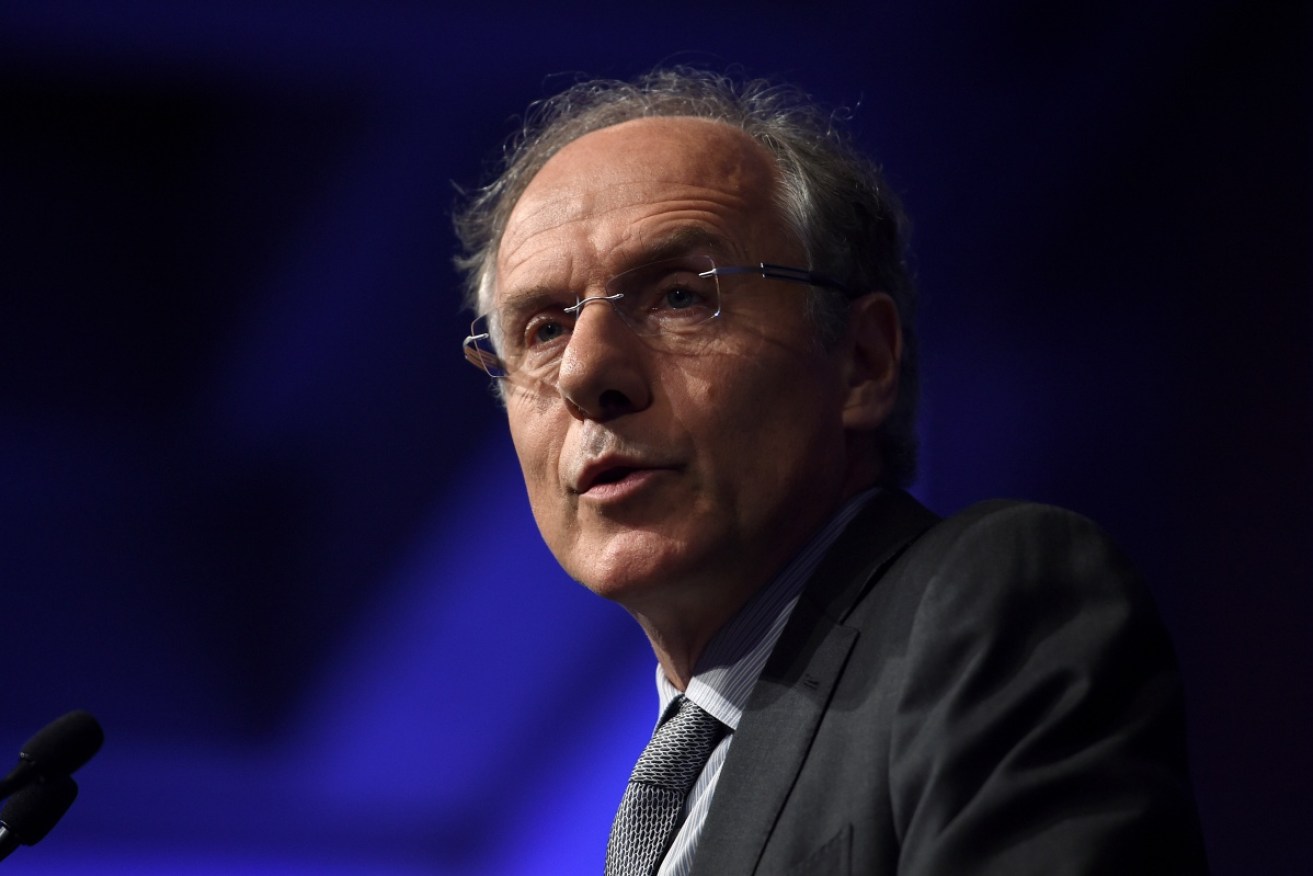All quiet at last, at least for now, on the climate front

Photo: AAP
The political furore over South Australia’s string of blackouts appears to have melted away in the face of a bipartisan truce in the Climate Wars struck by Dr Alan Finkel.
At a joint meeting of the federal, state and territory governments on Friday, Australia’s chief scientist delivered an energy policy blueprint deftly written to appease the warring sides – a document worthy of a diplomat, not an engineer.
Crucially, Dr Finkel proposed a middle way on emissions. His preferred scheme would reduce Australia’s total carbon dioxide emissions, which contribute to global warming, by a very modest 28 per cent on 2005 levels by 2030.
It may not be enough to meet our Paris Accord target, but it might be the best chance at peace.
Dr Finkel’s proposed ‘Clean Energy Target’ is soft on coal and gas, safe in the knowledge that fossil fuels are doomed to the dustbin of history, but wary of so easily discarding the many thousands of blue collar workers who rely on these industries.
“Participation is based on low emissions, not technology type,” he wrote in the report.
“There are no prohibitions, just incentives. It puts downward pressure on prices by bringing that new electricity generation into the market at lowest cost without prematurely displacing existing low-cost generators.”
It will replace the existing renewable energy target when it expires in 2020.
Crucially, by being technology neutral, the target would allow investment in ‘clean coal’, where plant emissions are offset by carbon capture and storage.
However, carbon capture technology has had many false starts, so its inclusion may serve only to appease conservatives, with little risk of becoming reality. The report acknowledged that solar and wind are the cheapest energy sources and that “investors have signalled that they are unlikely to invest in new coal-fired generation”.
Scientists, the Coalition, Labor, employer groups, unions and consumer groups have all united in their calls for unity. It is a shaky consensus that could shatter at any moment, but it marks the first true moment of climate policy bipartisanship since the short-lived gentleman’s agreement between Kevin Rudd and Malcolm Turnbull 1.0.
“Stakeholders argued that business as usual is not an option. Policy reversals and piecemeal government interventions undermine investor confidence,” Dr Finkel wrote.
After the report’s release, the Australian Industry Group said it delivered a “strong vision” and the Australian Chamber of Commerce urged all sides of politics “to make sure the report is not a dead letter”. Origin Energy, BHP, AGL Energy and GE welcomed the report, too.
South Australian Labor premier Jay Weatherill said he “strongly supports” the findings. ACTU president Ged Kearney also struck a conciliatory tone, calling for “clarity and certainty”. Labor said it “welcomes” the report (with a few digs at Turnbull). Labor’s energy spokesman Mark Butler even made the concession that Australia would rely on coal until 2030.
These responses followed Dr Finkel’s concessions to both sides of the political aisle. For example, he blamed the South Australian outages on the haphazard addition of renewables to the network, the ill-timed closure and degradation of ageing coal-powered plants, as well as acts of God.
Importantly, his main prescription was cooperation: for a “single, nationally agreed plan to manage the transition to a lower emissions economy”. This would be achieved by giving more oversight to the Australian Energy Market Operator and by creating a new Energy Security Board.
Certainty is what all sides have been clamouring for, and what the Finkel review hopes to achieve.








